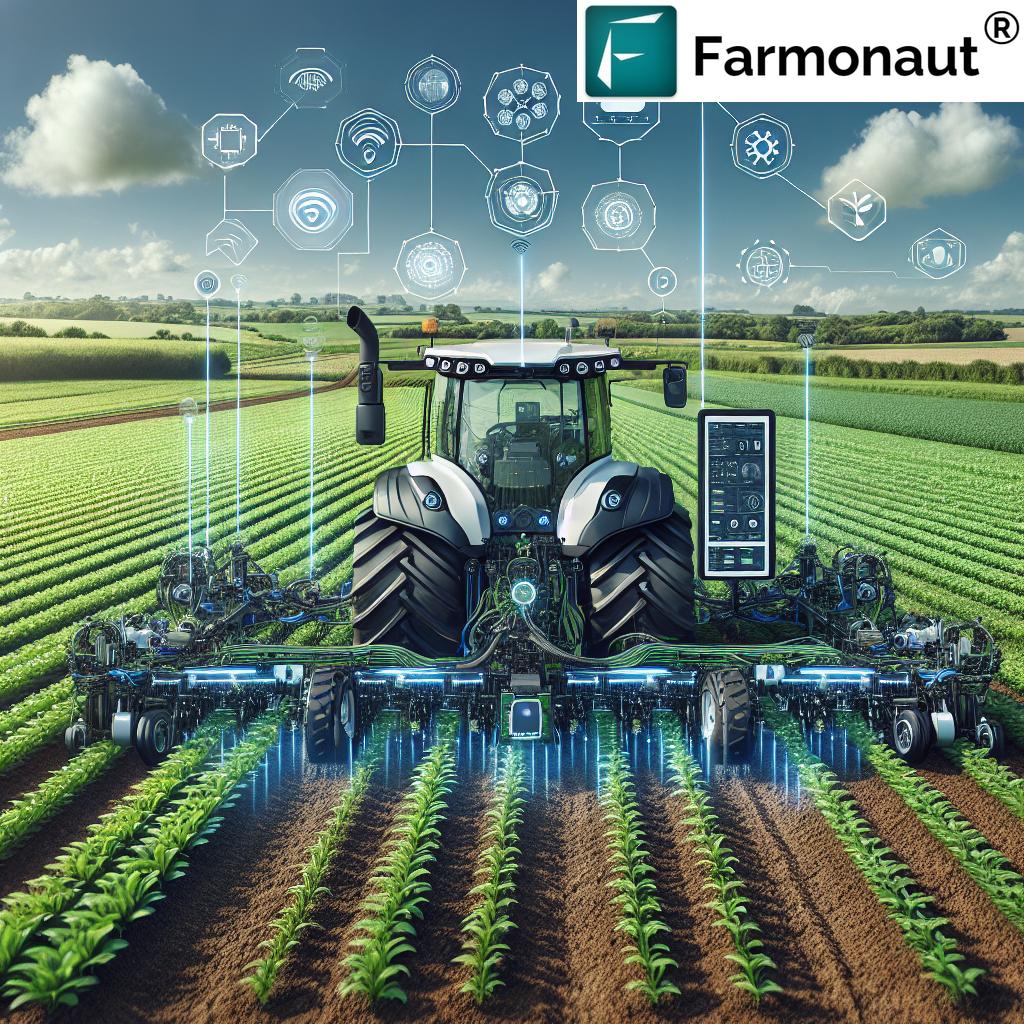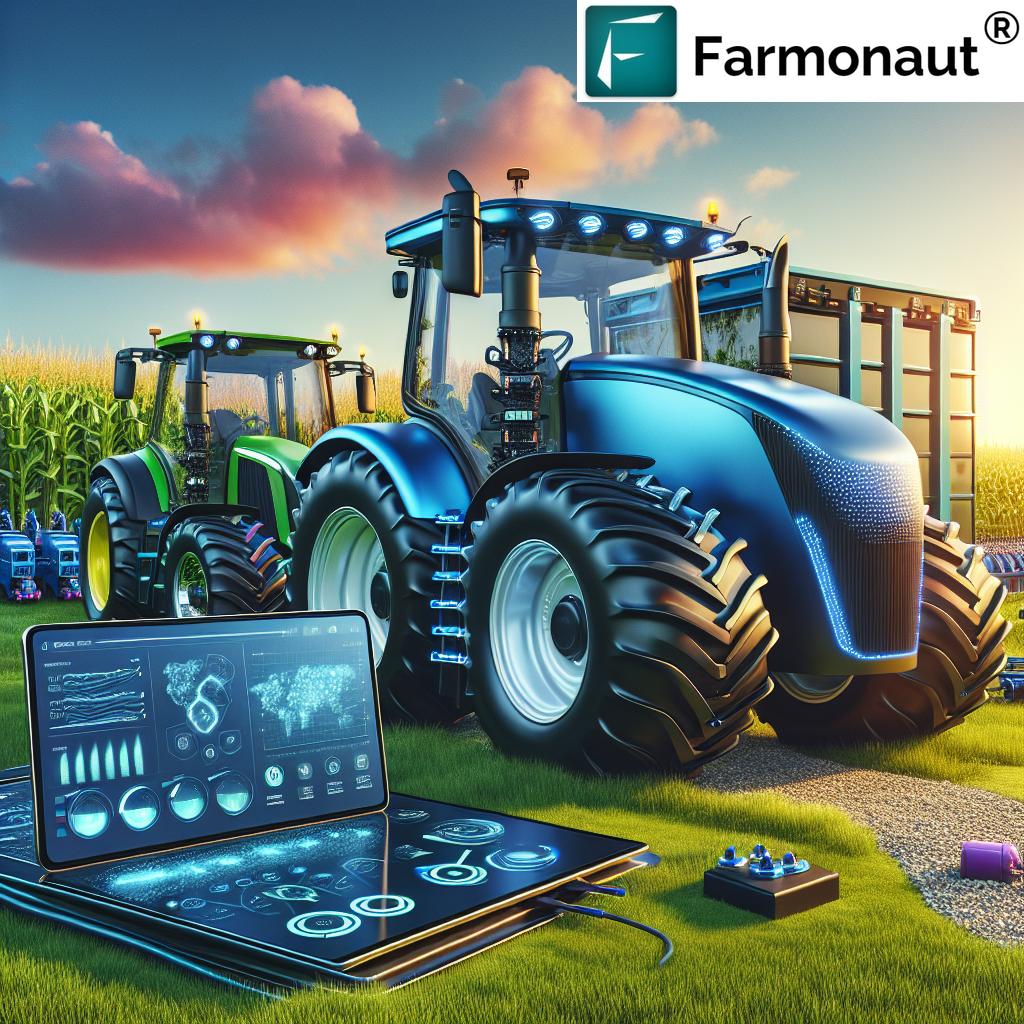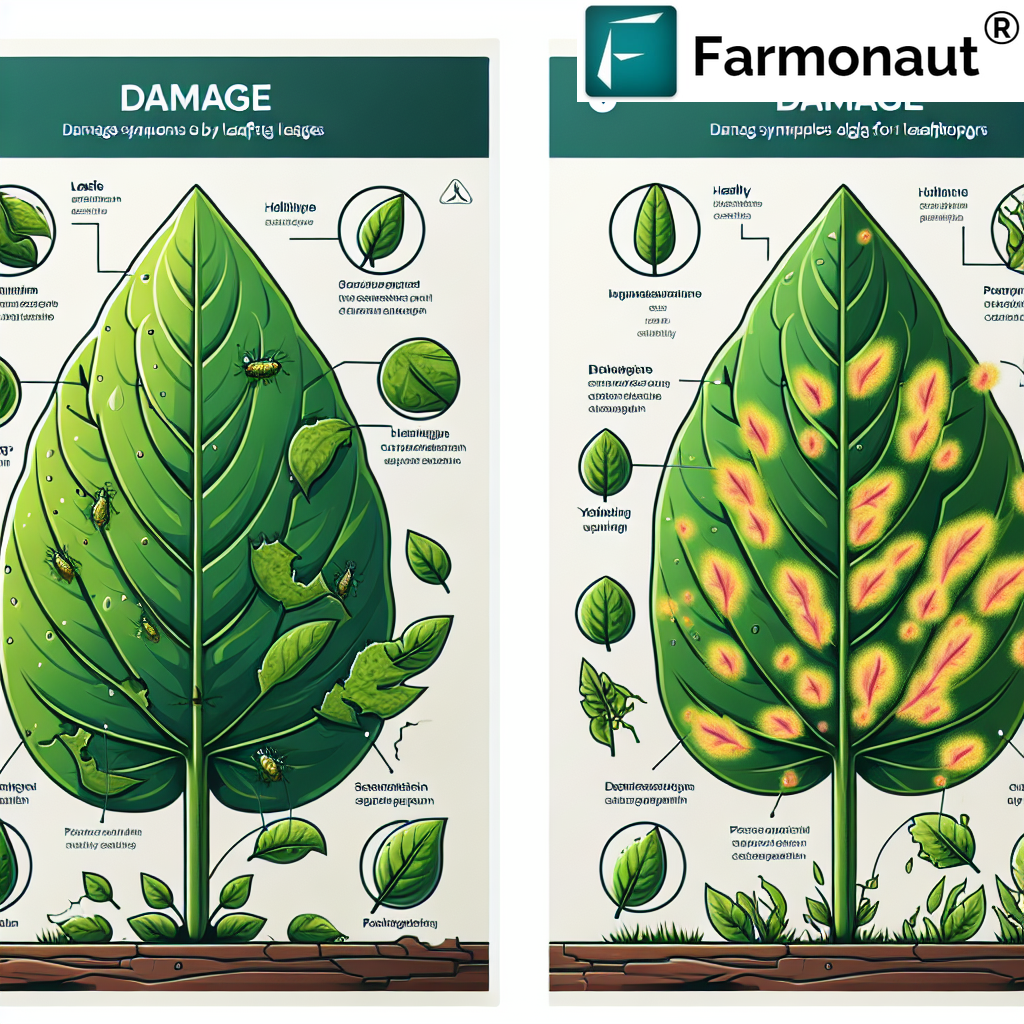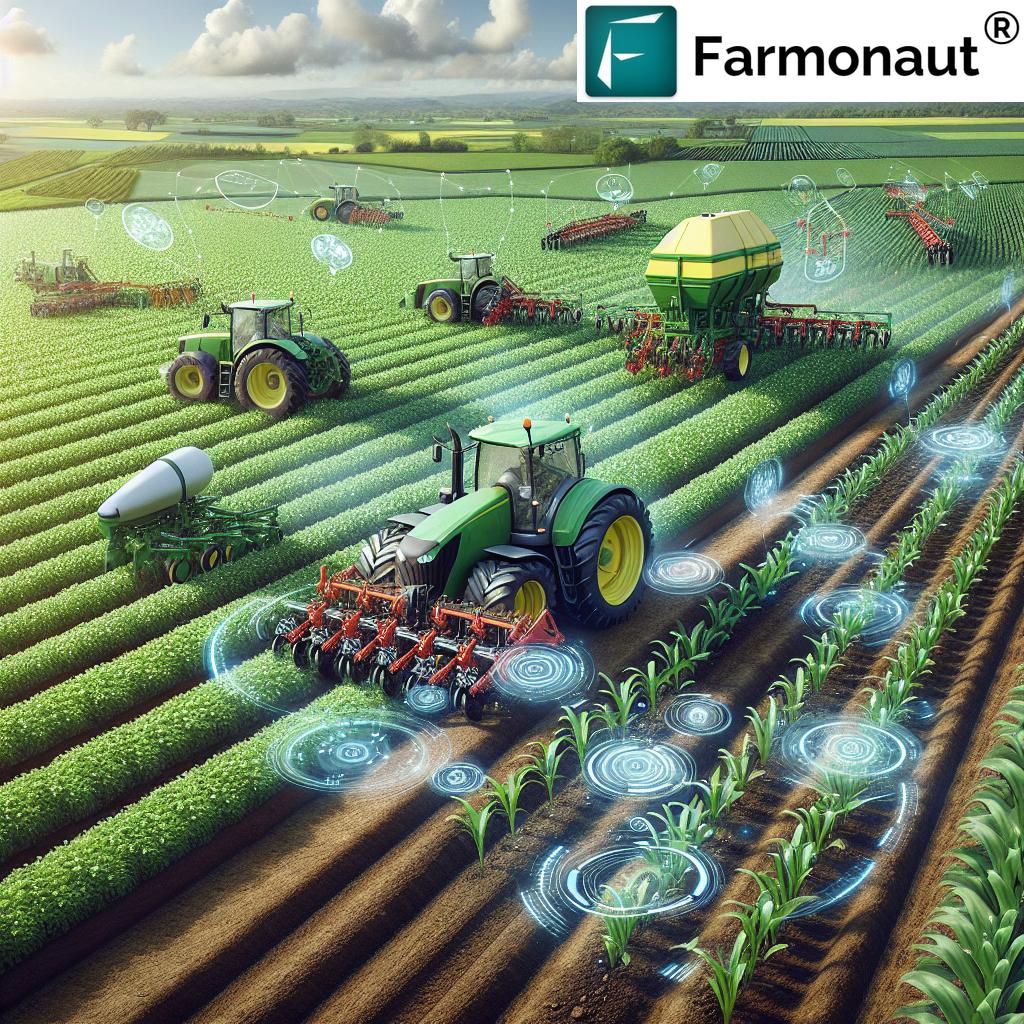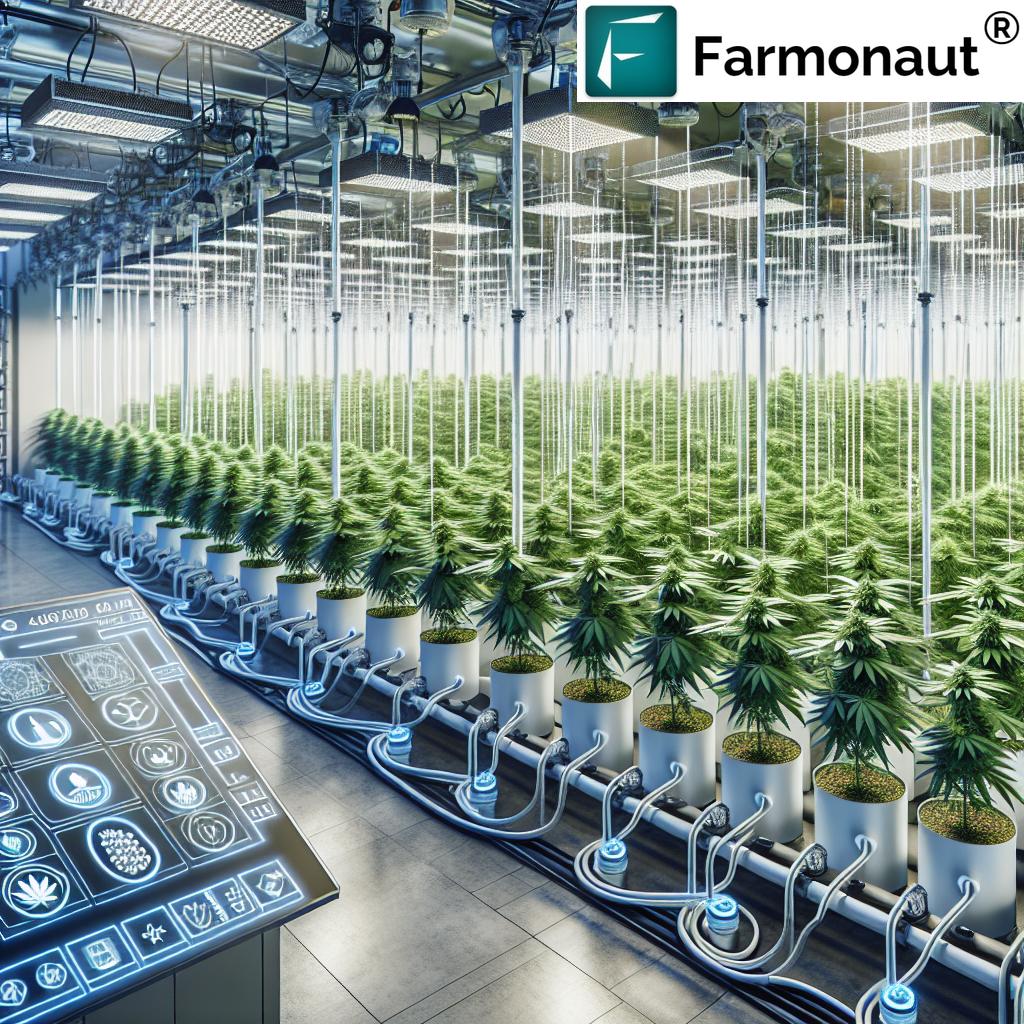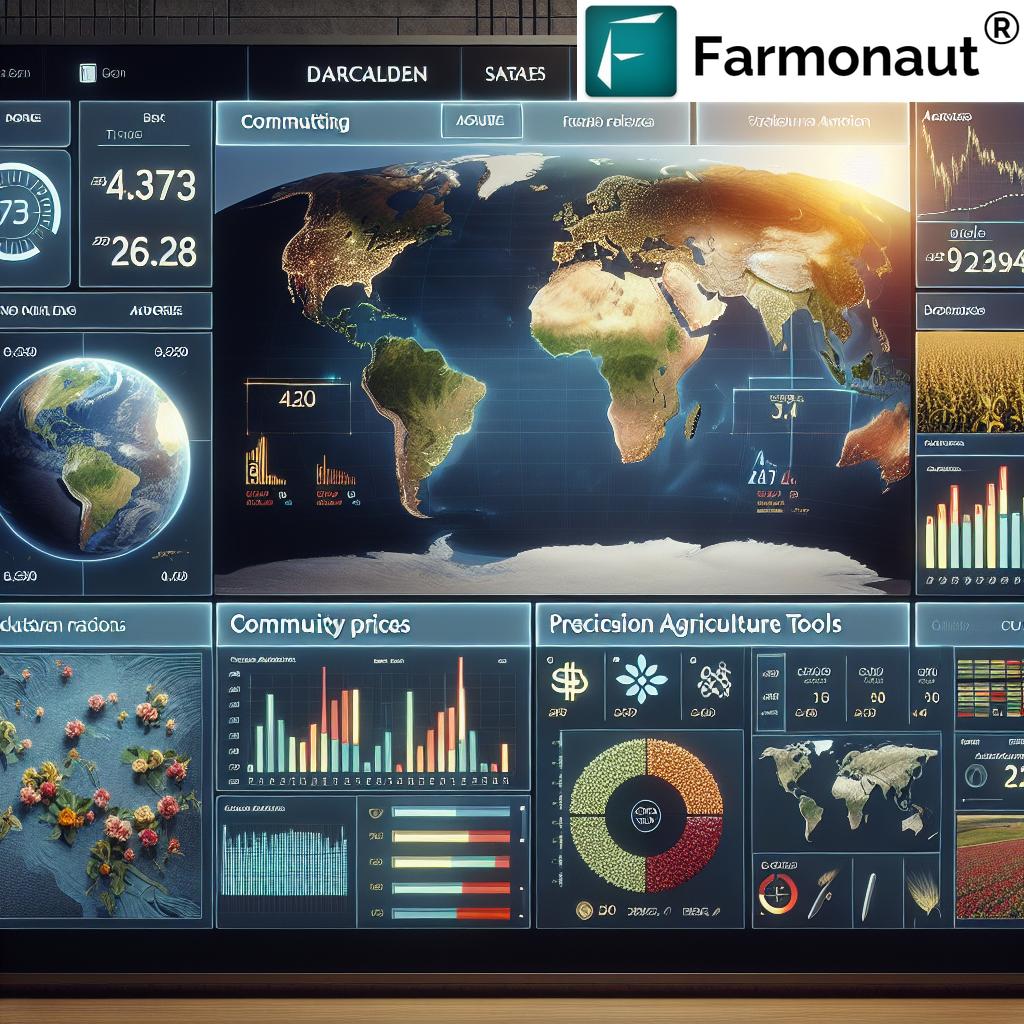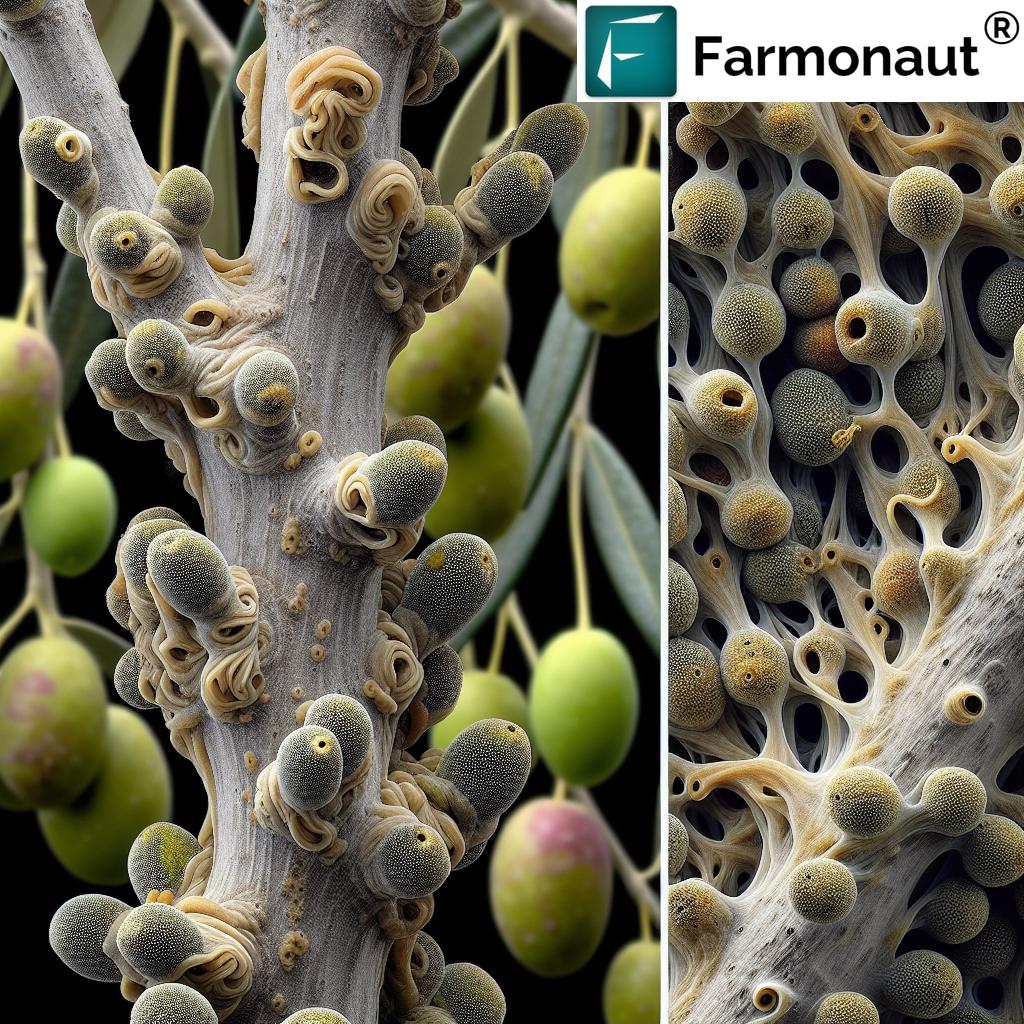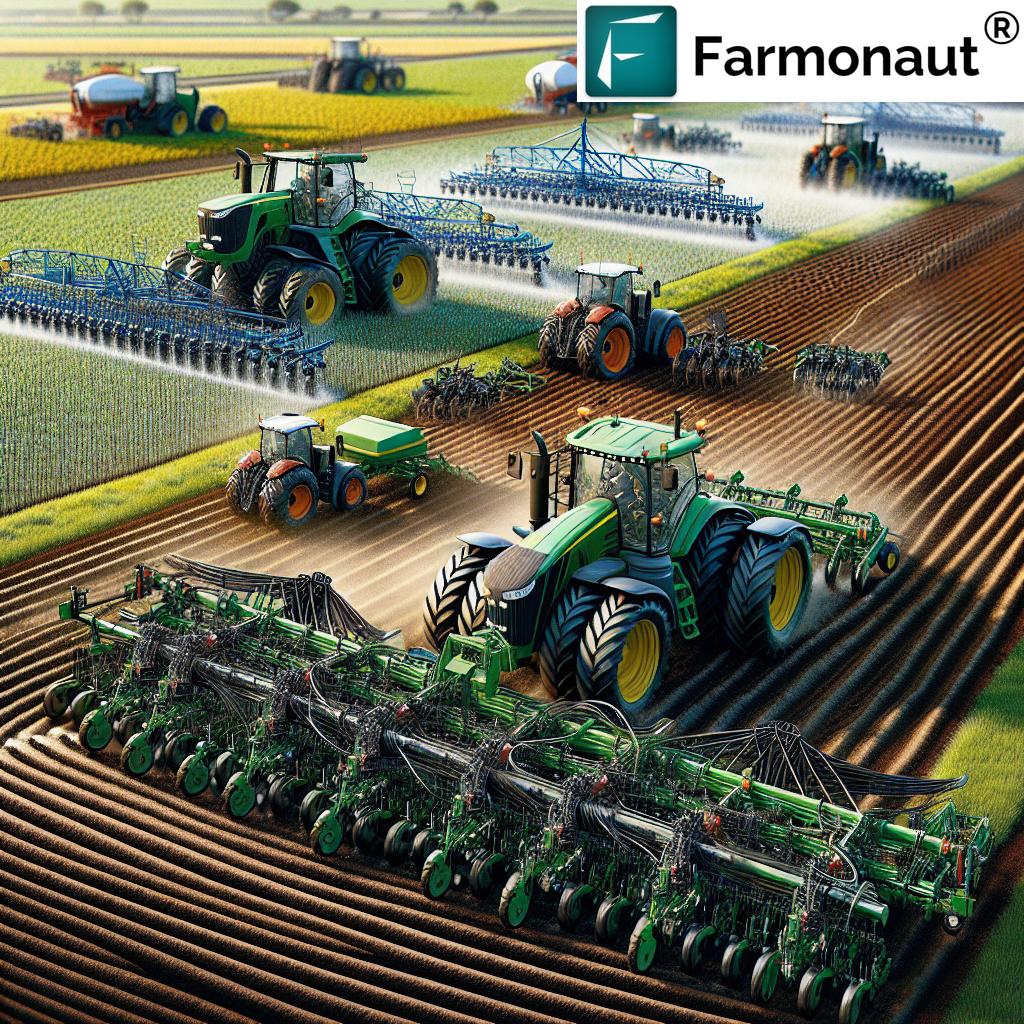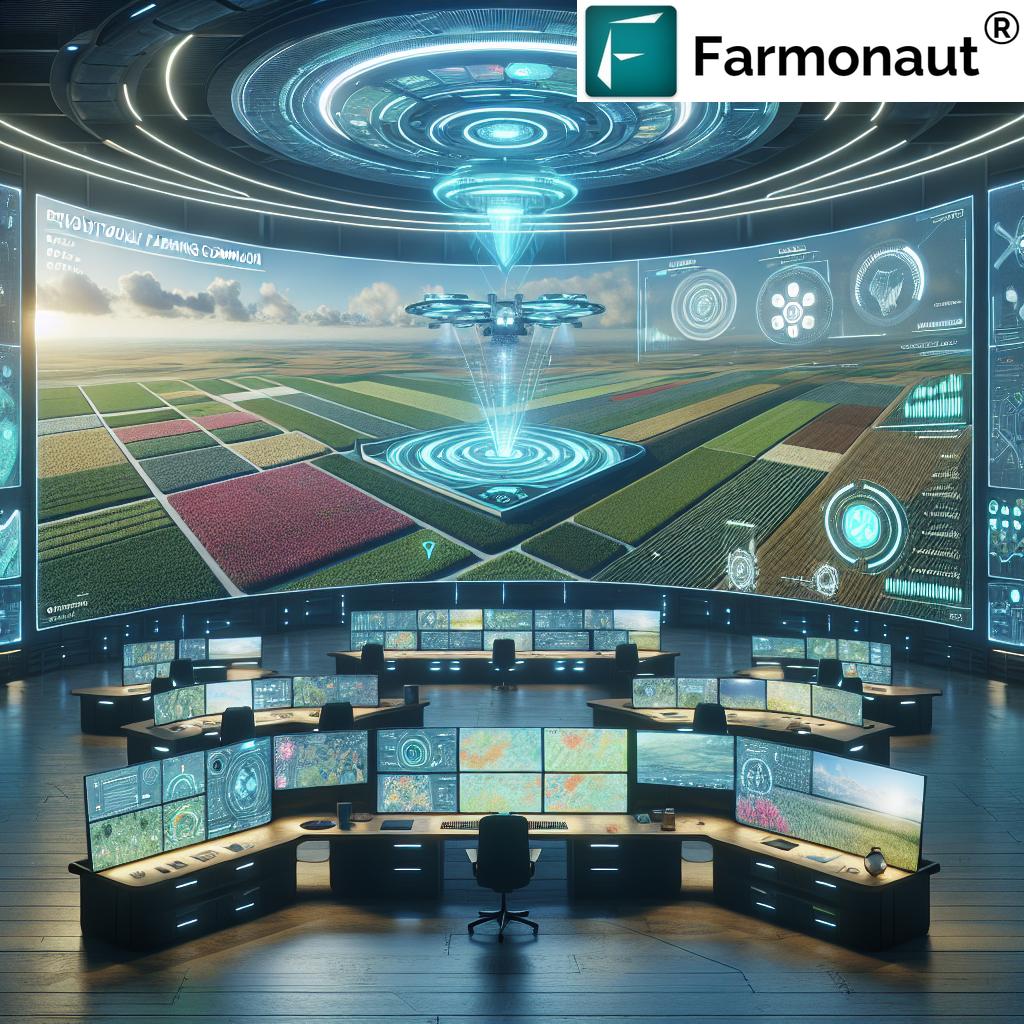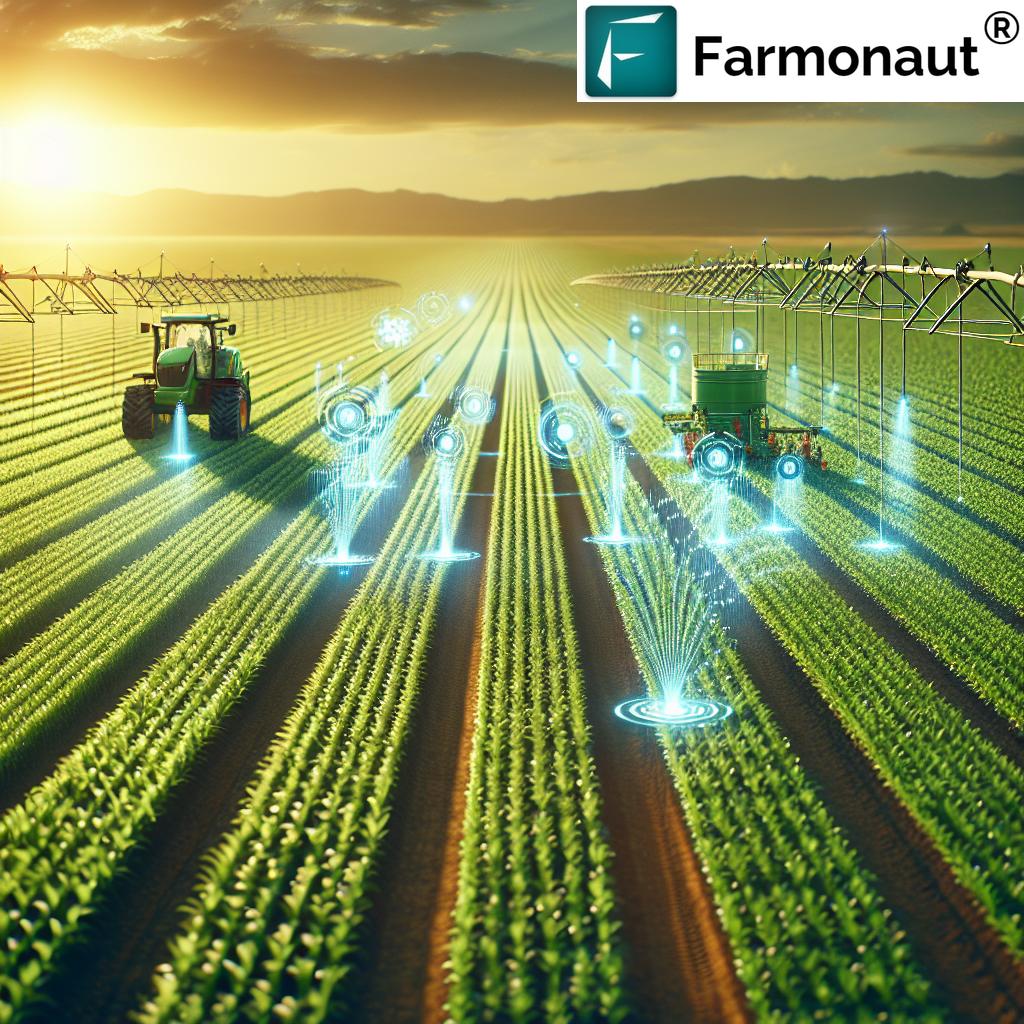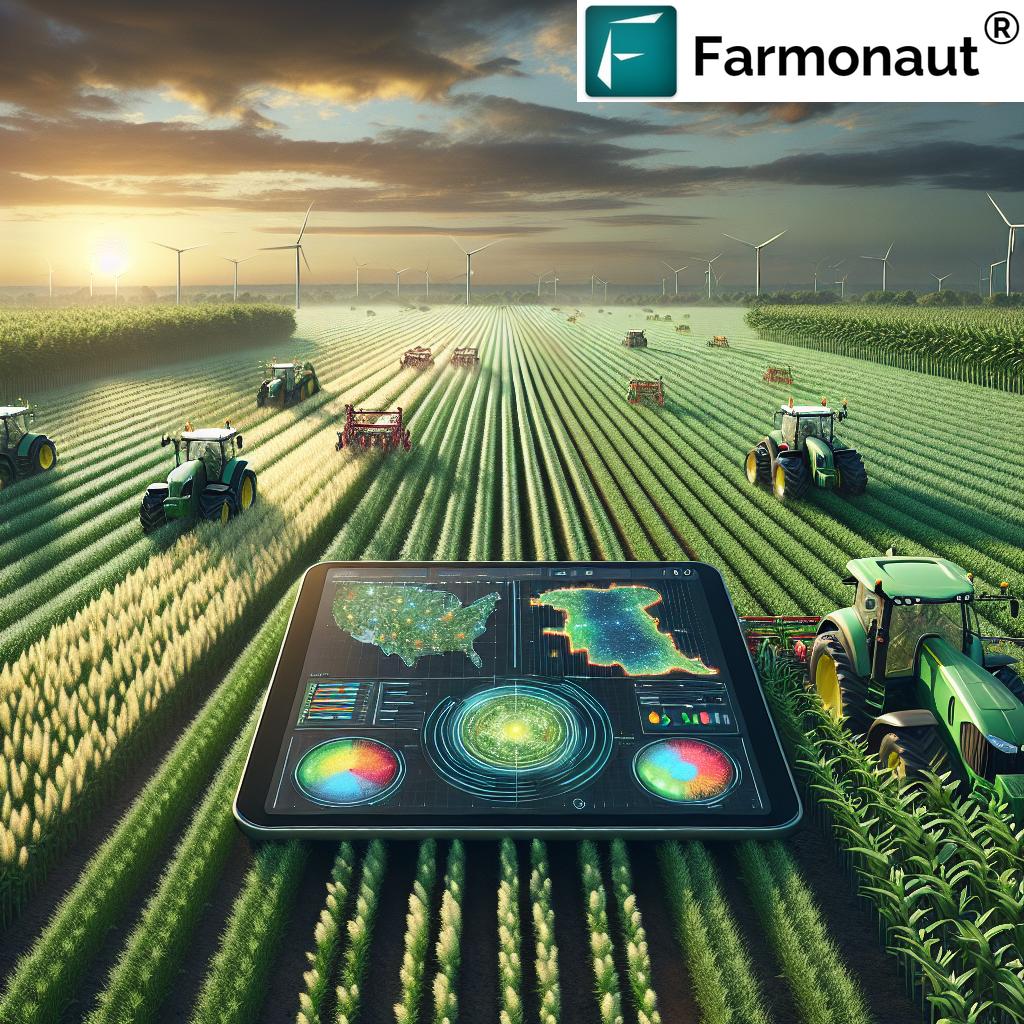New Technology Tractor: 7 Powerful Farming Advances
In recent years, the world of agriculture has experienced rapid transformation thanks to the evolution of tractor technology. What began as simple, horsepower-driven engines has blossomed into a realm of advanced farming machinery powered by artificial intelligence (AI), robotics, precision analytics, and sustainable designs. Today, modern tractors are not just mechanical workhorses; they are intelligent, connected, and capable of revolutionizing farming operations worldwide.
This technological leap forward addresses many traditional challenges—from labor shortages and fluctuating fuel costs to environmental concerns and the urgent call for sustainability in global farming practices. As a result, agricultural productivity is reaching unprecedented heights, and the quality of data-driven decisions is redefining how we manage our farms.
In this comprehensive guide, we explore seven transformative advances in tractor technology: autonomous tractors, electric and hybrid models, precision agriculture technology, telematics, robotics and AI, hydrogen power, and the latest adoption trends in machinery. We’ll also introduce how Farmonaut empowers all growers—smallholders, large farms, governments, and corporate clients—with affordable digital precision agriculture and data analytics in farming.
How Advanced Tractors Are Revolutionizing Agriculture
The evolution of tractor technology has significantly transformed agriculture, offering unprecedented boosts in efficiency, precision, and sustainability. Modern tractors are now equipped with features designed to address labor shortages, environmental concerns, and the critical need for increased productivity.
These advances are delivered through a convergence of AI-powered agriculture, autonomous operation, electric power, and precision agriculture technology.
Let’s examine the core innovations that are propelling today’s farming into the future.
Comparative Table: 7 Powerful Tractor Technology Advances
| Technology Name | Brief Description | Major Benefit | Estimated Adoption Rate (%) |
|---|---|---|---|
| Autonomous Tractors | Driverless, AI- & GPS-guided machines performing farm tasks | Reduces labor, maximizes precision, 24/7 operations, lowers errors | 10–15% |
| Electric & Hybrid Tractors | Models using electric batteries, hydrogen or fuel hybrids | Lower emissions, reduced fuel costs, quieter operation | 8–12% |
| Precision Agriculture Technology & Data Analytics | Integration of GPS, sensors, and analytics for targeted farming | Reduces wastage, boosts yield, maximizes input efficiency | 20–35% |
| Telematics & Remote Management | Real-time, remote monitoring of tractor performance | Enhances management, lowers downtime, proactive maintenance | 25–30% |
| Robotics & AI Integration | Robots and AI perform complex tasks like weeding, fruit picking | Saves labor, improves crop quality, promotes sustainability | 5–8% |
| Hydrogen Powered Tractors | Tractors using hydrogen fuel cells instead of diesel | Zero emissions, quick refueling, sustainable energy | 1–4% |
| Automation, Retrofitting, & Digital Upgrades | Kits for retrofitting existing tractors or updating controls | Affordable pathway to adopt new tech, extends machine life | 10–20% |
1. Autonomous Tractors: Pioneering Driverless Farming
Focus Keyword: Autonomous Tractors
Autonomous tractors represent a groundbreaking advancement in agricultural machinery. By blending artificial intelligence (AI), real-time GPS, and machine learning, these machines perform core tasks—from plowing and planting to harvesting—without human intervention.
- Equipped with GPS-guided navigation and advanced computer vision utilizing multiple cameras, these tractors navigate fields autonomously, ensuring precise operations and safety.
- Autonomy kits enable retrofit of existing tractors, enabling them to perform autonomously—a cost-efficient upgrade for many farms.
- Major brands like John Deere have introduced the world’s first autonomous tractor operating without a driver in the cab, aimed at alleviating labor shortages and reducing operational costs.
- 24/7 operation is possible, as these tractors do not tire or require breaks, enhancing productivity dramatically.
By reducing human labor requirements and boosting efficiency, autonomous tractors help farmers address costs, precision, and labor shortages—cornerstones of modern farming operations.
2. Electric and Hybrid Tractors: For Sustainable Farming Practices
Electric Tractors & Hybrid Engines
As the shift towards sustainability accelerates, electric tractors and hybrid models are becoming key players in the transition to sustainable farming practices.
- Electric tractors operate almost silently, producing only heat, vapor, and water as byproducts, significantly reducing greenhouse gas emissions compared to diesel engines.
- The New Holland NH2 advanced tractor operates fully on hydrogen fuel cells or electricity, making it suitable for diverse tasks such as soil preparation, seeding, and transport.
- Lower maintenance is a huge benefit—no need for frequent oil or transmission fluid changes, and fewer moving parts compared to traditional models.
- Major challenges include longer recharging/refueling times for electric batteries compared to quick diesel fill-ups, though this is rapidly improving with newer battery technologies.
By offering reduced fuel costs, minimal emissions, and enhanced performance, electric and hybrid tractors answer both environmental and economic demands in agriculture today.
Reduce your agricultural carbon emissions and track sustainability goals easily. Farmonaut’s carbon footprint tracking tool gives real-time insights into emissions, directly helping farms and agribusinesses adopt more environmentally friendly practices.
3. Precision Agriculture Technology & Data Analytics in Farming
Precision Agriculture Technology
Precision agriculture technology has redefined farm management. Advanced GPS guided tractors, sensors, and data analytics work in synergy to maximize crop outputs and minimize resource wastage.
- GPS-enabled tractors guide planting, fertilizing, and harvesting with incredible accuracy—ensuring each seed, fertilizer granule, or input lands just where it’s needed.
- Onboard and remote sensors track soil moisture, crop health, temperature, and machine performance throughout the field.
- Data analytics in farming provides actionable insights for improving yields, saving inputs, and proactively addressing pest or disease threats.
- Farmonaut harnesses these technologies using multispectral satellite imagery for real-time crop health monitoring, soil analysis, and precision decision-making—making it accessible directly via web and mobile app.
Harnessing precision farming and GPS technologies ensures that every square meter of your field is farmed efficiently—increasing productivity while reducing input costs and environmental impact.
Easily oversee and optimize your machines and operations: Farmonaut’s fleet management tool allows real-time tracking, reducing fuel costs and improving scheduling for all types of modern tractors and agricultural vehicles.
4. Telematics & Remote Management: Total Tractor Monitoring
Telematics, Management, and Connectivity
The era of digital tractor management is here. Telematics systems and remote monitoring transform how farmers manage their fleets and operations.
- Tractors equipped with telematics deliver live updates on location, fuel consumption, operational hours, and maintenance needs—all accessible remotely.
- Farmers and managers can diagnose potential issues proactively and schedule maintenance before breakdowns occur, reducing downtime and repair costs.
- These systems enable data-driven decisions for route planning, input allocation, and efficient labor deployment.
- Connectivity supports larger-scale farm management, integrating with platforms like Farmonaut’s Admin Tools for enterprise or government use.
The result is smarter tractor fleet operation, minimal idle times, and enhanced transparency across your agricultural business.
Build trust and ensure product authenticity—Farmonaut’s product traceability solution uses blockchain to record every step of your crop’s journey, ensuring transparency for both processors and end consumers.
5. Robotics & AI: Advanced Integration in Modern Tractors
AI Powered Agriculture & Advanced Automation
The integration of robotics and AI into tractors has unleashed a new era of capabilities and precision in agriculture.
- Robotic arms attached to tractors can pick fruits, vegetables, and perform gentle handling, reducing need for manual labor and enhancing crop quality.
- AI-powered weed detection systems can differentiate between crops and weeds in real time, directing sprayers only where needed, which minimizes herbicide use and promotes sustainability.
- Self-optimizing systems learn from operational data using machine learning to boost performance and adjust to changing field and weather conditions.
- Combined with satellite data from platforms like Farmonaut, these AI systems provide timely, personalized advice for every grower in their local context—from irrigation guidance to pest management.
Such advanced farming machinery is the cornerstone of AI powered agriculture, blending autonomous operation and precision farming for a fully optimized, responsive, and future-ready farm.
Make crop loans and insurance hassle-free and fraud-resistant. Farmonaut’s crop loan and insurance solution uses satellite images to verify claims, accelerating financing and minimizing risk for both farmers and lenders.
6. Hydrogen Powered Tractors: The Green Path Ahead
Hydrogen-Powered Farming Innovation
With global environmental concerns on the rise, hydrogen powered tractors offer a visionary solution for the future of agriculture.
- Hydrogen fuel cells run these tractors with zero emissions, emitting only heat and water vapor as byproducts.
- Refueling times are swift, offering the operational flexibility many electric-only tractors still lack.
- The New Holland NH2 is a hydrogen tractor already operating on pilot farms, demonstrating true sustainable farming practices.
Although adoption rates are currently low due to infrastructure needs, the potential of energy independence, quick refueling, and zero emissions makes hydrogen tractors a key future technology for agriculture.
Benefit from AI-based farm and environment advisory tailored to your crops and local climate. Access it instantly via Farmonaut apps on Android, iOS, or web.
7. Challenges & Considerations in Adopting Tractor Automation
Key Considerations for Advanced Tractor Technologies
- High Initial Costs: Cutting-edge tractors and upgrades often require a significant upfront investment, though operational savings accrue long-term.
- Specialized Training: Operators and managers need new skills to operate, maintain, and optimize these technologies.
- Data Security: The digitization and connectivity of tractors introduces data privacy risks—protecting farm data is paramount.
- Workforce Impact: As machines automate labor-intensive tasks, the future of the rural workforce changes, calling for upskilling and new employment pathways.
- Infrastructure Needs: For electric and hydrogen tractors, reliable charging and fuel networks must grow alongside machine sales.
- Integration with Traditional Practices: Adapting new tech to existing fields, crops, and farm cultures sometimes requires flexible, phase-wise rollouts and support.
Understanding these challenges is vital for making informed, sustainable investment decisions and maximizing the impact of tractor technology on farm productivity.
Farmonaut: Empowering Precision Agriculture, Affordably
While innovation in hardware is transforming farm fields, the democratization of digital precision agriculture is equally revolutionary.
At Farmonaut, we provide affordable, real-time satellite-based crop health monitoring, AI-driven advice, blockchain traceability, and robust resource management—all from the palm of your hand.
- Satellite Imagery & Crop Health Monitoring: NDVI, soil moisture, and weather insights for all farm sizes.
- Jeevn AI Advisory: Custom, intelligent advice on irrigation, nutrition, and crop strategy—for better yields and resource use.
- Blockchain Traceability: Every step from farm to fork is documented, ensuring transparency and reducing fraud for value chain stakeholders.
- Fleet & Resource Management: Tools to track, schedule, and optimize modern tractors and vehicles for minimal downtime.
- Carbon Footprinting: Monitor and decrease on-farm emissions in line with the world’s push for sustainability.
- Flexible Subscriptions & API Access: Choose what suits your needs—individual plans, enterprise solutions, or integrate with your own systems using our API and developer docs.
Frequently Asked Questions on New Tractor Technologies
-
Q1: What is an autonomous tractor and how does it work?
An autonomous tractor uses GPS, artificial intelligence, and machine learning to operate without a driver. It navigates farm fields using computer vision and advanced sensors, performing tasks like plowing and planting autonomously.
-
Q2: Are electric tractors suitable for large-scale farming?
Yes, the latest electric tractors offer powerful performance suitable for many farm sizes. Major considerations include the current limits of battery capacity and recharging times, though these are improving with technological progress.
-
Q3: What are the main benefits of telematics in tractor management?
Telematics provides live data on tractor location, fuel use, engine health, and operator behavior. This supports better management decisions, reduces downtime, and extends machinery life through timely maintenance.
-
Q4: How is AI powering efficiency in farming?
AI enables tractors to automatically adjust settings for optimum planting, weeding, or harvesting based on real-time field data. It also helps with weed recognition, targeted sprays, and provides advice via digital platforms.
-
Q5: Why consider hydrogen powered tractors?
Hydrogen powered tractors emit only water vapor and heat, offering a truly green alternative to diesel. They enable quick refueling and help futureproof farming operations against fuel volatility and stricter emission laws.
-
Q6: How can Farmonaut help me adopt precision agriculture?
Farmonaut provides affordable, app-based solutions for satellite crop health monitoring, custom AI advice, fleet tracking, and blockchain traceability. These tools reduce crop risks, save costs, and enhance returns on modern farm investments.
-
Q7: What is the real impact on labor with advanced tractors?
Advanced tractors, especially autonomous models and those with robotics/AI, reduce field labor requirements but create new opportunities for high-skill jobs in technology operation, machinery management, and data analytics.
Conclusion: Charting the Future of Farming with Farmonaut
The integration of new technology into tractor design and performance has indelibly transformed the world of modern agriculture. Autonomous operations, electric and hydrogen power sources, precision farming, data analytics and robust telematics are no longer futuristic dreams—they are redefining the everyday realities of farmers worldwide.
While challenges such as high costs, the need for training, and data security warrant careful consideration, the clear benefits of reduced labor, lower environmental impact, increased yields, and smarter farm management are poised to shape a more sustainable, resilient food system.
At Farmonaut, we are deeply committed to ensuring these digital and precision agriculture innovations are accessible and affordable for every farmer, everywhere. By embracing both hardware and digital revolutions, together we can unlock a new era of farming that is efficient, environmentally responsible, and economically rewarding.
Download the Farmonaut app today or explore our APIs to empower your farm with proven, cutting-edge digital agriculture tools and insights.





